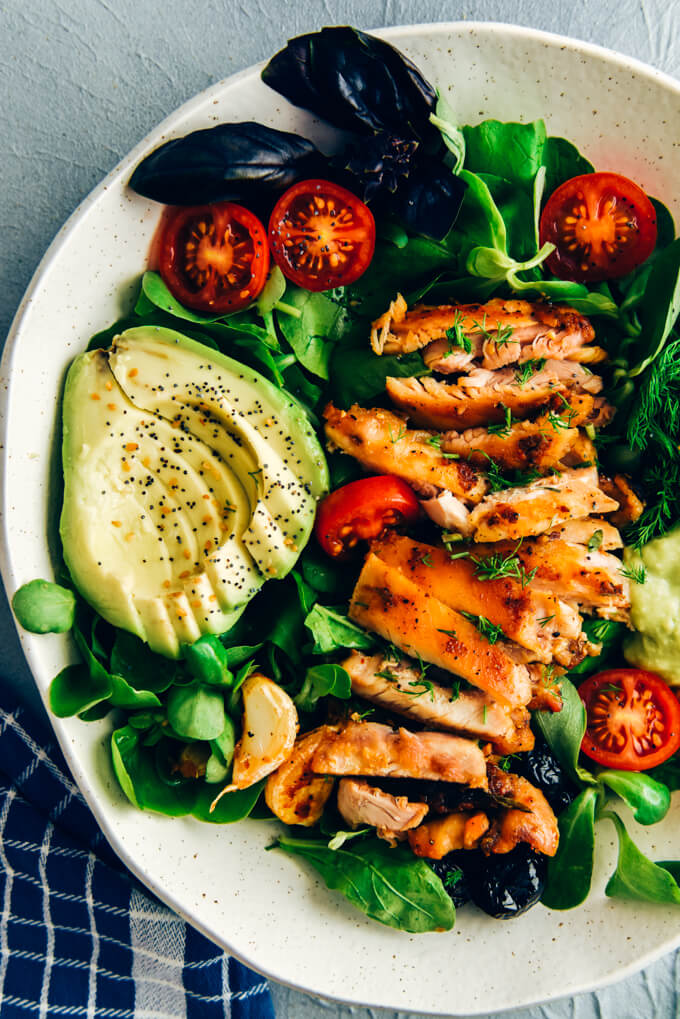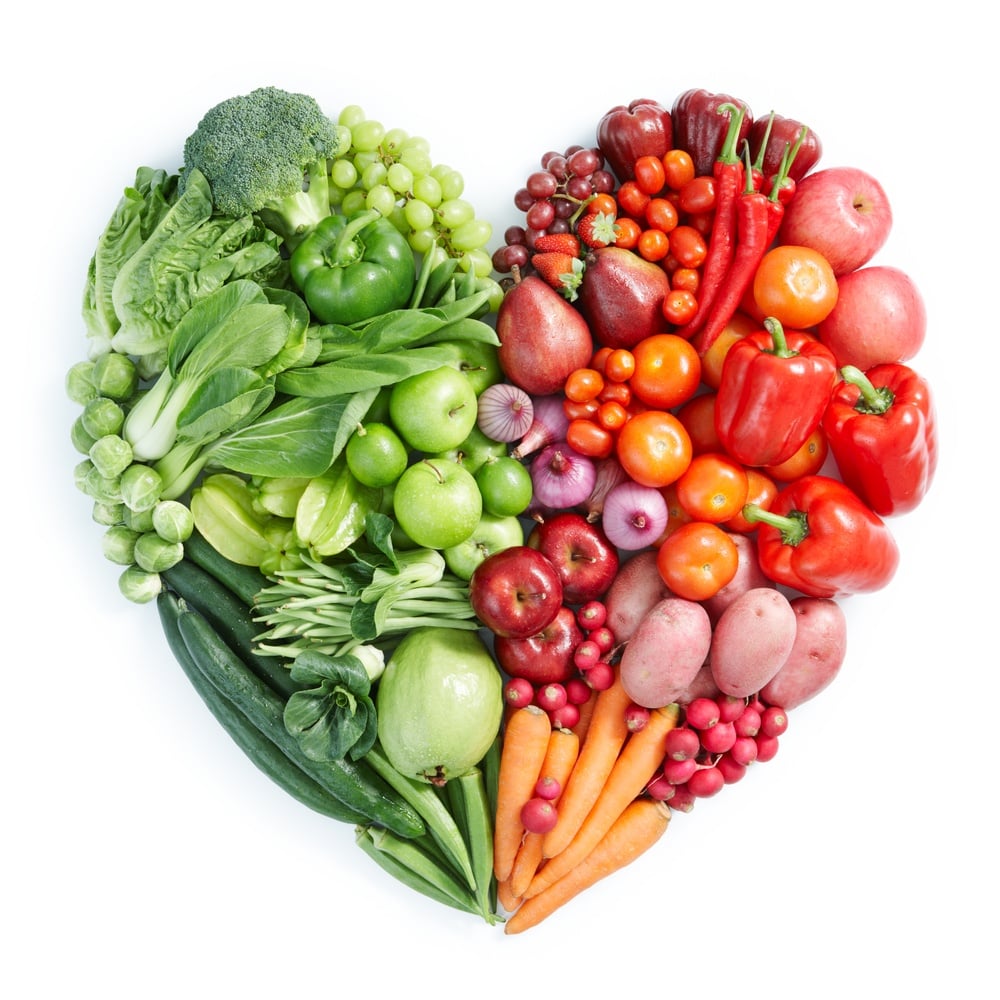
When we talk about eating an all-natural, whole food diet, we are referring to eating foods that are minimally processed. There are many benefits to eating a diet rich in vegetables and farm-raised meats, including weight loss and lowering your risk of chronic diseases such as heart disease, cancer, diabetes, and much more. So it is no surprise that the paleo and Whole30 diet have been trending in recent years.
 The paleo diet is similar to the “caveman’s diet” aka a diet that only consists of foods that we had access to thousands of years ago. This diet is one that is high in protein and low in carbs and other processed foods. The Whole30 diet is the paleo diet on steroids. Although the food list for both the paleo and Whole30 diets are similar, the Whole30 diet only lasts 30 days and therefore is very strict with slip-ups. But let’s dive into the nitty-gritty.
The paleo diet is similar to the “caveman’s diet” aka a diet that only consists of foods that we had access to thousands of years ago. This diet is one that is high in protein and low in carbs and other processed foods. The Whole30 diet is the paleo diet on steroids. Although the food list for both the paleo and Whole30 diets are similar, the Whole30 diet only lasts 30 days and therefore is very strict with slip-ups. But let’s dive into the nitty-gritty.
The Paleo and Whole30 Diet
The paleo and Whole30 diets consist of lean meats, fish, fruits, vegetables, nuts, and seeds. It does not consist of high fat meats, grains, wheat, oats, beans, peanuts, soy, dairy, refined sugar and artificial sweeteners, potatoes, and other processed foods. (Yes, there are more categories of foods you should not eat compared to what you can eat.)
This method of eating may sound strict—and it is—but the premise of it all is that if cavemen were healthy individuals back in the stone age, free from diabetes and other health-related diseases, can’t we be too if we just eat like them?
The Benefits

Yep, you probably guessed it—the number one reason for following the paleo or Whole30 diet is weight loss or weight management. It’s simple—by eating a diet low in carbs and other refined foods, you are bound to shed some L-B’s.
The basis of the Whole30 diet is that certain foods can have a negative impact on your health without you evening knowing it, leaving you feeling bloated, tired, and unable to lose weight as well as experiencing skin breakouts, allergies, and digestive issues.
The paleo diet, like the Whole30 diet, focuses on the improvement of overall health. People who have stuck through this grueling diet for sustained periods of time have seen improvements in their blood sugar levels, better regulation of their metabolism and hunger hormones, lower inflammation in their body, and disappearance of any chronic health-related diseases they may have had prior.
The Possible Risks
Despite all the health benefits that come with eating an all-natural diet, the paleo and Whole30 diets—being as restrictive as there are—have raised concerns with dietitians. Although with these diets you are fulfilling your macronutrient needs through protein, fruits, vegetables, and healthy fats, the elimination of certain food groups is questionable for sustained health.
By eliminating dairy products and grains/wheat, you are ridding yourself of key nutrients that may be critical for a balanced diet and improved energy levels, especially if you are very active. Similarly, beans are a great source of fiber that, on these diets, you can not eat.
Similarly, these methods of eating can get expensive and inconvenient. With all the little rules and the long list of foods you should not eat, it can be hard to go out to eat or even cook for yourself at home.
Conclusion
If you are looking to lose weight or manage your chronic health conditions, the paleo and Whole30 diets are methods of doing so. However, I think we can all agree that following this strict of meal plan is not sustainable long term. At Live Healthy MD, we practice the idea of a lifestyle change versus a fad diet. Restricting yourself to certain food groups for life is intimidating, and I don’t know about you but it doesn’t sound too fun either.
Using the paleo and Whole30 diets as a starting point/basis can be helpful when getting started with following a clean eating meal plan. Just be sure you are consuming the recommended amount of protein a day for bariatric patients (60 to 80 grams).
In conclusion, I suggest you follow a meal plan that makes you feel good and fits into your lifestyle. So if you know dairy causes digestive issues, then don’t eat it. But it you are vegetarian and use beans as your source of protein, don’t make your life harder.
As a bariatric dietitian, I do not recommend the paleo or Whole30 diets long term as I see no real negative side effects to eating grains (in moderation), beans, soy, artificial sweeteners, and dairy.













